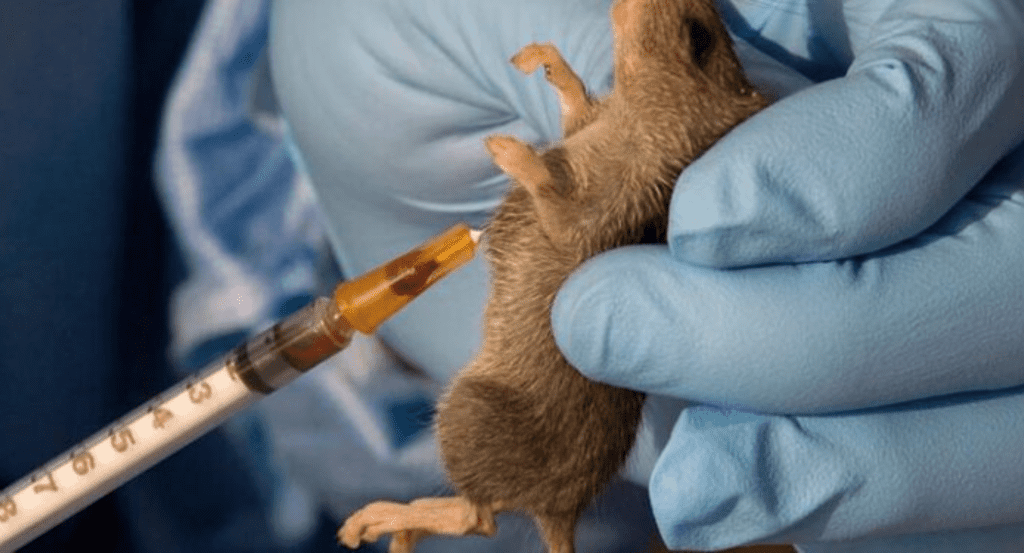A recent outbreak of Lassa fever in Nigeria has claimed 174 lives, with over 1,035 confirmed cases across 28 states, according to the Nigeria Centre for Disease Control (NCDC). The rise in cases and fatalities has led to widespread concern, prompting the NCDC to issue an advisory urging heightened vigilance among Nigerians. The agency emphasizes the importance of preventive measures, including improved sanitation and reduced exposure to rodents, which are the primary carriers of the Lassa virus.
The outbreak, which has affected numerous states, has placed an additional burden on Nigeria’s healthcare system. In total, Lassa fever and meningitis have resulted in 535 reported deaths across the country, combining for a high mortality rate during this period. NCDC Director General Dr. Ifedayo Adetifa stressed the urgency of addressing these public health challenges, as the spread of Lassa fever presents ongoing risks to many communities.
States such as Ondo, Edo, and Ebonyi have reported some of the highest case numbers, with officials working to control the spread of the virus. The NCDC, in collaboration with other health agencies, has been actively monitoring the situation, deploying medical personnel to affected areas and providing critical resources to hospitals managing the surge in cases.
Lassa fever is an acute viral hemorrhagic illness transmitted through contact with food or household items contaminated by infected rodents, especially the multimammate rat species. The virus can also spread from person to person through exposure to the body fluids of an infected person. Lassa fever is endemic in several West African countries, including Nigeria, where seasonal outbreaks are common. Symptoms typically include fever, headache, muscle pain, and, in severe cases, bleeding.
Due to the current outbreak, the NCDC has advised healthcare providers and the public to be on high alert. The agency recommends early detection, reporting of cases, and prompt medical intervention to reduce fatalities. Efforts to contain the virus also include enhancing laboratory capacity, improving diagnostic tools, and educating communities on preventive practices.
The NCDC’s advisory includes several preventative measures for the public:
- Good hygiene practices: Keeping homes and surroundings clean and free from rodents.
- Food safety: Storing food in containers and avoiding consumption of food contaminated by rodents.
- Medical vigilance: Promptly reporting symptoms such as high fever, fatigue, and bleeding to healthcare facilities.
The NCDC has also called on states to increase their efforts to combat Lassa fever through improved disease surveillance, emergency preparedness, and public education campaigns.
The severity of this year’s Lassa fever outbreak underscores the need for sustained public health interventions in Nigeria. The NCDC’s collaborative response with state governments, health institutions, and international organizations aims to curb the spread and impact of the virus. As Nigeria continues to tackle Lassa fever and other health challenges, efforts to strengthen its healthcare infrastructure and promote public health awareness remain critical.
The NCDC has urged Nigerians to take preventive actions seriously, emphasizing that reducing the impact of Lassa fever relies on the vigilance and cooperation of all citizens.





















